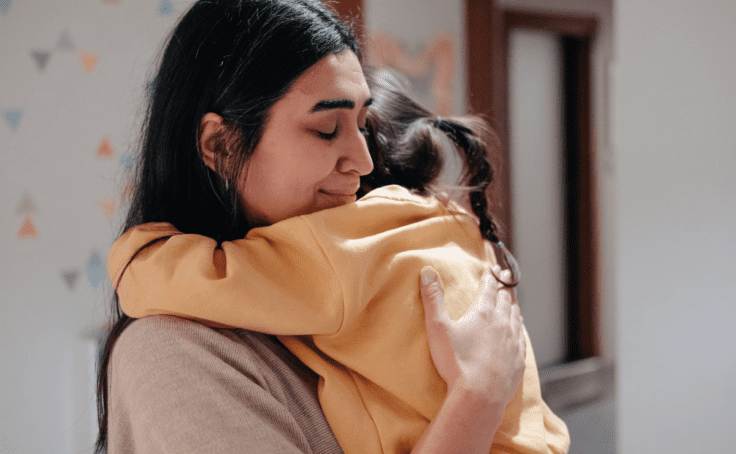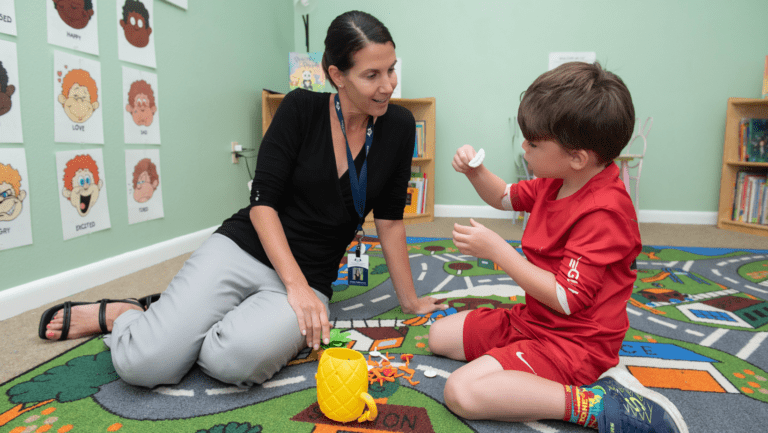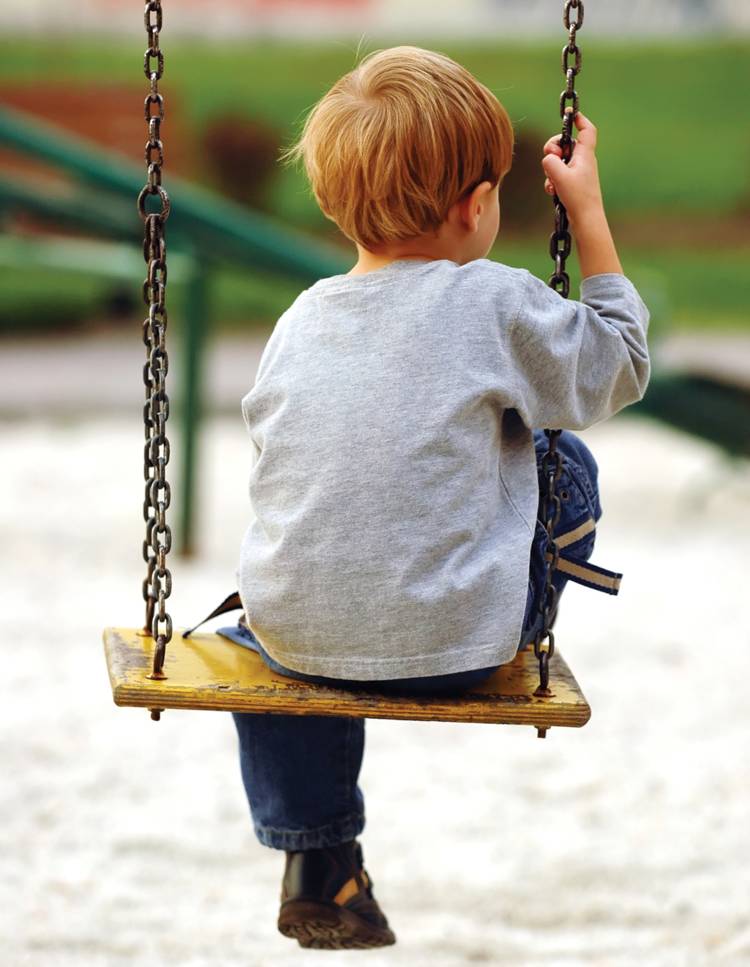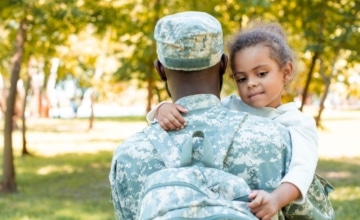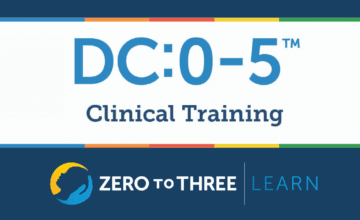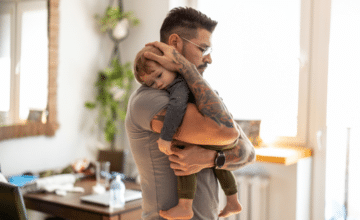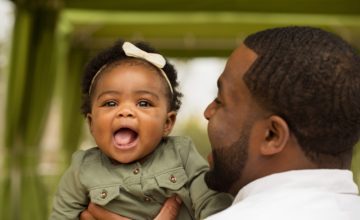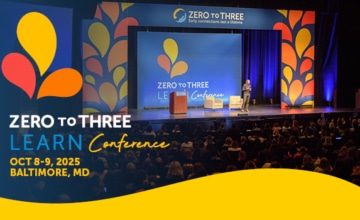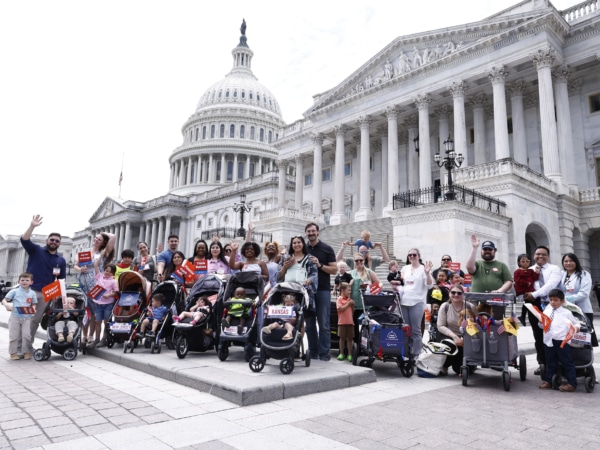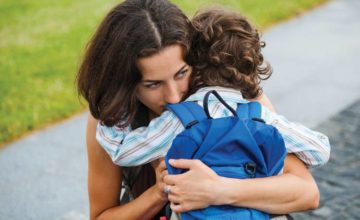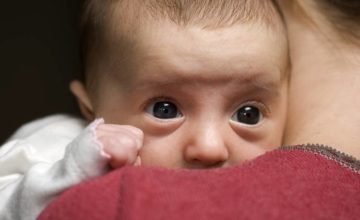Trauma-informed care is essential in all early childhood settings, as young children’s early experiences—whether in child care, healthcare, or community programs—shape their emotional and developmental well-being. By equipping early childhood professionals with trauma-sensitive approaches, we can create safe, supportive environments that help children heal, build resilience, and thrive despite adversity.
Latest news and updates
Current events and policy changes can have profound effects on families, often increasing stress and even leading to trauma.
Our federal policy team is deeply involved in shaping decisions that impact the well-being of babies and their families. Stay up-to-date on our latest issues.


